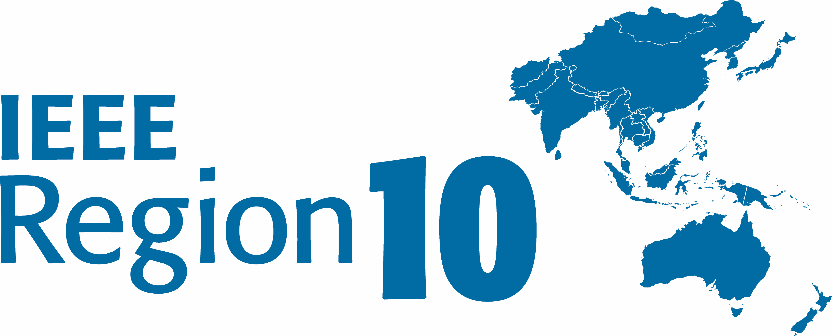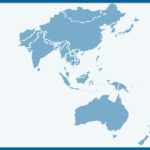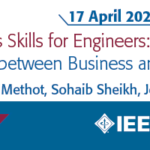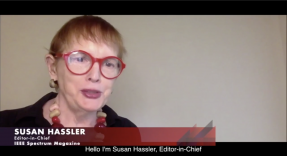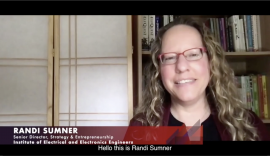Prepared by: Glenn Zorpette, IEEE Spectrum; Randi Sumner, IEEE Entrepreneurship; Patrick Russoniello, IEEE Industry Engagement & Leo Hwa Chiang, IEEE Singapore Office
The Singapore Week of Innovation and Technology (SWITCH) is one of the largest and most vibrant general-interest tech conferences in Asia. It is affiliated with the mammoth Singapore FinTech Festival (SFF), established in 2016, which draws some 60,000 attendees every year. Founded just three years ago, SWITCH brings together business leaders, entrepreneurs, engineers, scholars, and investors from the Global-Asia innovation ecosystem.
After a successful live event in its inaugural year, 2019, SWITCH went virtual in the first pandemic year of 2020 and pulled off a hybrid event this year, with both virtual sessions and some live ones at the JW Marriott Hotel in Singapore.
SWITCH 2021 was organized into three main channels, SWITCH Beyond, SWITCH Global, and Slingshot. Beyond covers advanced and emerging technologies; Global is the channel for topics in business, markets, and international commerce; and Slingshot is a competition that offers an opportunity for startups to pitch VCs and business leaders and win funding. Most of the IEEE-branded sessions were in the “Beyond” track, which focused this year on healthcare & biomedical sciences, smart cities & urban solutions, trade and connectivity, and emerging sustainable technologies.
IEEE has partnered with SWITCH’s organizers, Enterprise Singapore and Singapore’s National Research Foundation, from the very first event in 2019. That year, we hosted five sessions, including an exclusive and highly successful live Q&A with Tony Fadell, the inventor of the iPhone and cofounder of Nest Labs. The IEEE’s partnership with SWITCH is spearheaded by the IEEE Singapore Office, IEEE Spectrum, IEEE Entrepreneurship and IEEE Industry Engagement. This year, the organizing team curated seven sessions for SWITCH 2021, involving some 12 distinguished panelists and four moderators from IEEE. Although no official figures are yet available, informal tallies taken during the panels indicate that they were viewed by hundreds of attendees. Descriptions of the sessions can be found in the next section.
|
|
Session Title |
Timeslot (SGT) |
|
8 Nov (Day 1) |
Microgrids, Hydrogen, and the Future of Electric-Power Delivery |
12.10 – 12.40pm |
|
10.40 – 11.10am |
||
|
10 Nov (Day 3) |
Fireside Chat between Prof Low, CEO of National Research Foundation & Steve Welby, ED/COO of IEEE |
9.30 – 10.00am |
|
10.00 – 10.30am |
||
|
10.35 – 11.05am |
||
|
11.05 – 11.35am |
||
|
11.35 – 11.40am |
Microgrids, Hydrogen, and the Future of Electric-Power Delivery
Moderator: GLENN ZORPETTE
Panelists: Dr. Robert Hebner, IEEE Fellow and Director, University of Texas Center for Electromechanics,
Mr. Yuan-Sheng Yu, Lux Research
Overview: Utilities around the world are building and operating microgrids, in both remote and urban environments. These are creating fundamental change in longstanding utility practices, on technical, reliability, and regulatory fronts. Meanwhile, in a loosely linked development, massive investments are going into hydrogen-related technologies, for generation, storage, and also for transportation. Fuel cells and electrolysis systems are receiving lavish funding. Australia, for example, is conducting a large hydrogen-economy experiment on the island of Tasmania, with some of the hydrogen being shipped to Japan by sea. What are the important lessons learned so far? What practices have worked best? What will be the emphasis going forward?
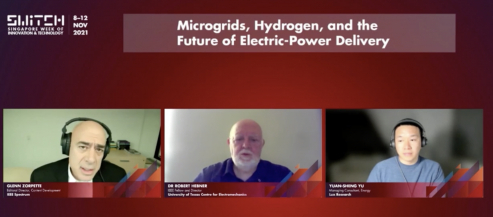
Future of Maritime Shipping
Moderator: MARIA GALLUCCI
Panelists: Diane Gilpin, CEO of the Smart Green Shipping Alliance in the UK, and
Quah Ley Hoon, CEO, MPA
Overview: The global maritime industry has run on diesel power for more than a century, with oil-burning engines driving explosive growth in trade; today, cargo ships haul more than 11 billion metric tons of cargo around the world every year. Yet these freighters also contribute a significant share — nearly 3 percent — of the world’s annual greenhouse gas emissions. Now the maritime industry is embarking on a profound energy transformation, with fleets of zero-carbon vessels on the horizon. “Green ” ammonia made from renewables is expected to drive the next generation of ocean-going cargo ships. Hydrogen-powered vessels are now under construction, and battery-powered ferries, barges, and tugboats already ply rivers and waterways in Europe and Asia. Wind is also making a comeback, in the form of devices like spinning rotor sails and high-flying towing kites. What will it take to make these alternative fuels go mainstream, and by when? What technology developments and policies are needed to accelerate this clean energy shift?
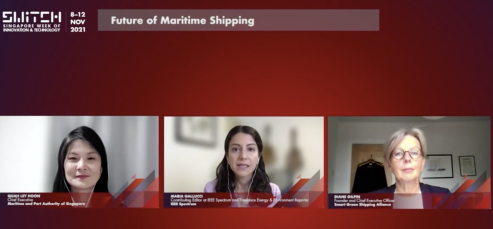
Fireside Chat – Tech Predictions
Technology/Tomorrow: https://community.switchsg.org/session/103697
Panelists: Stephen Welby, Executive Director and COO, IEEE
Prof Low Teck Seng, CEO, NRF
Overview: From building resilience amid the pandemic to tackling climate change, technology has played a pivotal role in tackling various challenges that Singapore and countries around the world overcame over the years and will come to face in the future. Looking ahead, there are many fields of emerging technologies with promising developments that have the potential to improve our lives. Join our distinguished speakers on this panel to reimagine the possibilities in a world of technology.
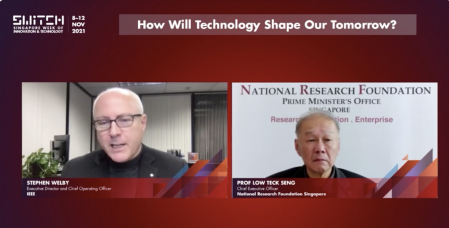
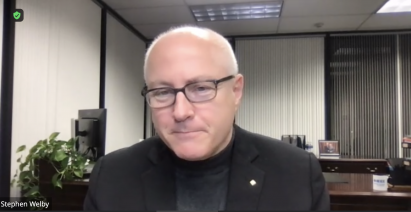
Future of Workforce
Moderator: Dr. Dejan Milojicic, IEEE Fellow
Panelists: Thomas Coughlin, President Coughlin Associates, Inc.
Nita Patel, Director, IEEE Foundation
Overview: This IEEE-sponsored panel will bring together industry experts to collectively explore potential technologies and long-term visions of the future workforce. We will discuss current and future-looking factors and technologies such as connectivity, security, human-computer interfaces (HCIs), transformation of and geographic distribution of the workforce, new types of industries/jobs, artificial intelligence (AI), and training. The plan is to take these ideas and discuss how they can be applied by industry, academia, government, and professional organizations towards future global workforce planning.
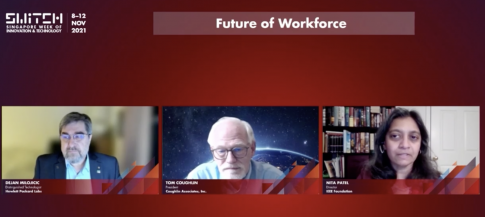
Restructuring The Global Semiconductor Industry
Panelists: Meghan Biery, Director of Global Technology and Security Policy, Semiconductor Industry Association
Alex Capri at Hinrich Foundation
Overview: They say data is the new oil. If so, advanced chip foundries are the new status symbol. Severe shortages of chips in 2020 and 2021 crippled major industries, notably automobile manufacture. Now, even as it recovers from these unprecedented shortages, the chip industry is at the start of a sweeping global reorganization. Global players see the ability to make semiconductors—specifically leading-edge logic—as key to their future security and prosperity. But today each holds a specialized place in a larger supply chain. What will the industry look like in 10 years? And what will it mean for consumers of chips?
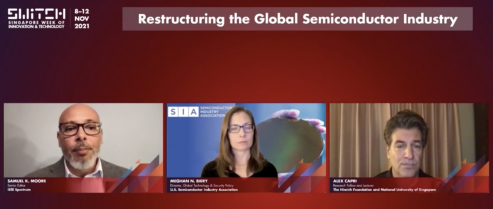
Back to the Moon: Cutting the Cost of Access to Space
Moderator: GLENN ZORPETTE
PANELISTS: Jonathan Lunine, David C. Duncan Professor in the Physical Sciences, Chair, Department of
Astronomy, Cornell University
Paul R. Gradl, Senior Propulsion Engineer, NASA Marshall Space Flight Center
Overview: Major national space agencies have all publicly pledged to send humans to the moon for exciting missions of exploration and habitation. But to achieve these goals will require very substantial reductions in the cost of access to space. Fortunately, two techniques—reusable launch systems and 3D printing—are already proving capable of dramatically reducing the cost of launch to space, and are in the process opening up intriguing new opportunities in the commercial space sector. Space-X is showing the way towards a sustainable, reusable launch infrastructure, while relative newcomer Relativity Space has unveiled its Terran 1 rocket, which was completely 3D printed. These two techniques are ushering in momentous and rapid change to the space sector, which will look quite different in just three years’ time. In this session, top experts on the front lines of this revolution will offer insider insights and chart a path forward.
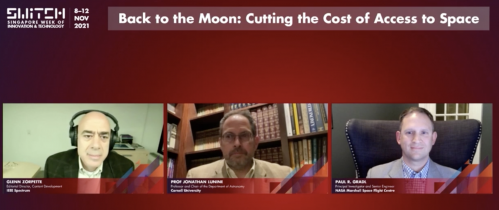
IEEE on the Innovation Insights Series @ SWITCH
Short video of Randi Sumner and Susan Hassler discussing innovation.
https://www.youtube.com/watch?v=ETJNKCovnUo
